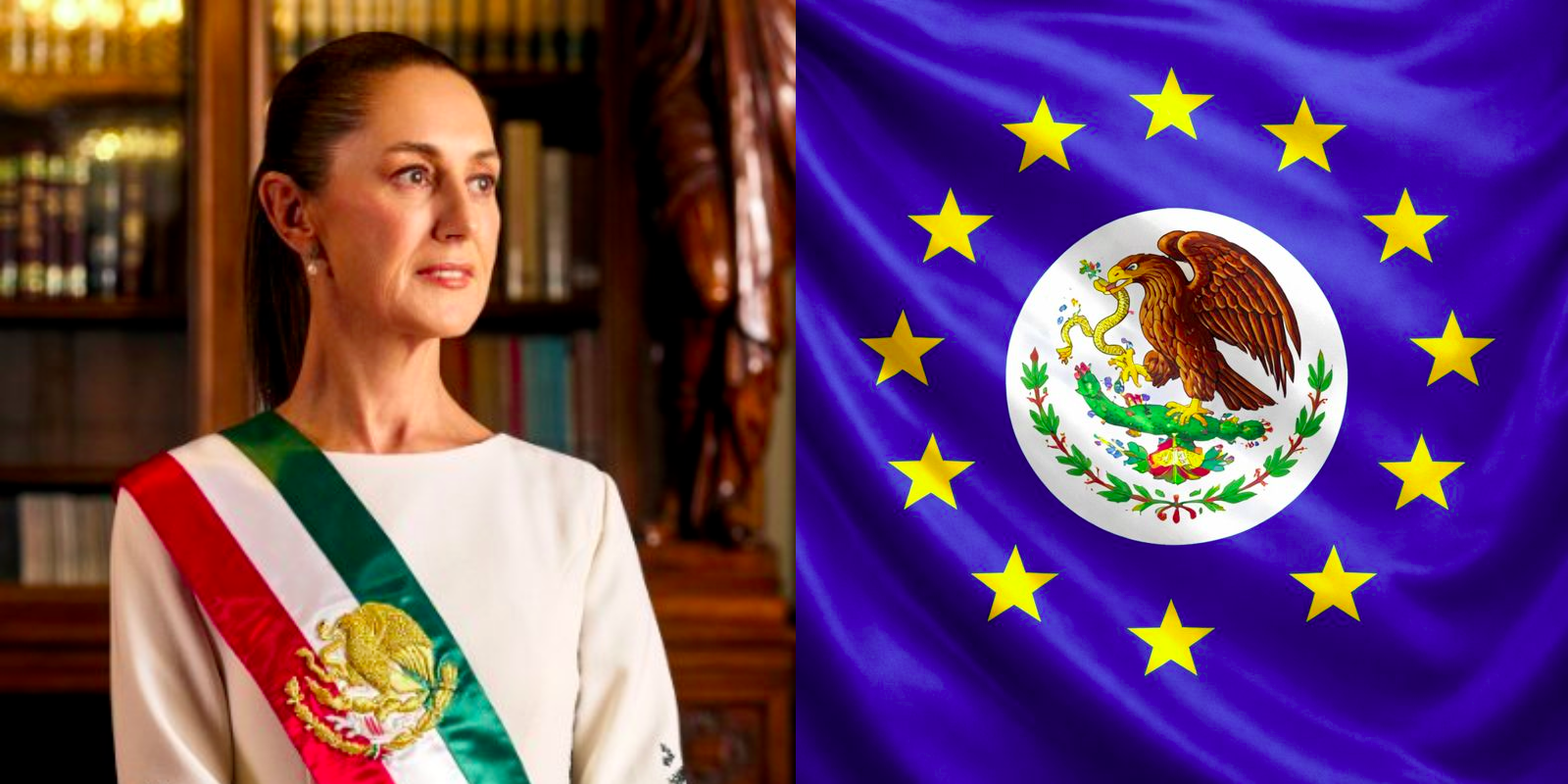“I want to be totally clear: I am not free today because the system worked,” Assange stated at the Parliamentary Assembly of the Council of Europe (PACE) in France on Tuesday. “I am free today after years of incarceration because I pled guilty to journalism.”
“I pled guilty to seeking information from a source, I pled guilty to obtaining information from a source, and I pled guilty to informing the public what that information was. I did not plead guilty to anything else," he continued. "I hope my testimony today can serve to highlight the weakness, the weaknesses of the existing safeguards, and to help those whose cases are less visible, but who are equally vulnerable."
Assange was imprisoned in Belmarsh, a maximum security facility in the UK for 5 years. Before that, he was holed up in the Ecuadorian embassy in London hiding away from the wrath of the United States Justice Department which had charged him with 18 criminal counts related to his website posting classified materials that were provided to him. Before his plea deal, he faced a 175-year jail sentence. He ended up pleading guilty to one felony charge in exchange for time served.
The purpose of the PACE hearing and Assange's testimony was to uncover if the UK, under US guidance, subjected him to inhumane treatment or cruel and unusual punishment while he was locked up.
"I was formally convicted by a foreign power for asking, for receiving and publishing truthful information about that power while I was in Europe. The fundamental issue is simple: journalists should not be prosecuted for doing their jobs. Journalism is not a crime. It is a pillar of a free and informed society," Assange told lawmakers. "Justice, for me, is now precluded, as the US government insisted in writing into its plea agreement that I cannot file a case at the European Court of Human Rights or even a Freedom of Information Act request over what it did to me as a result of its extradition request."






